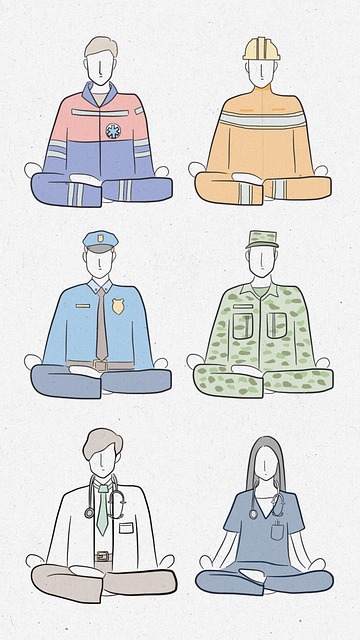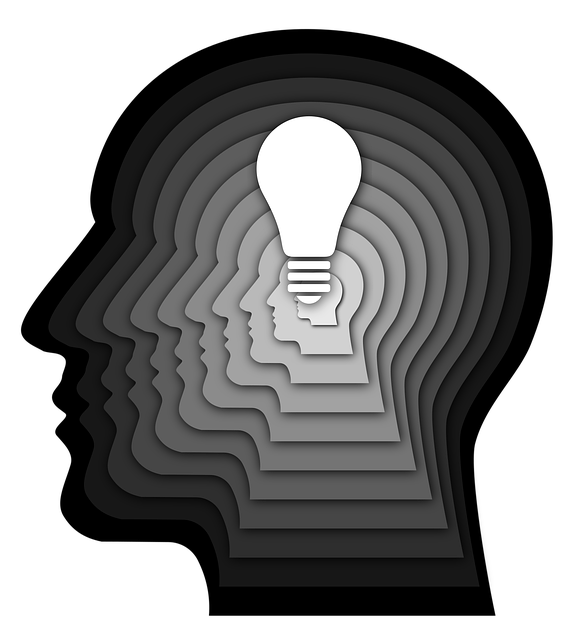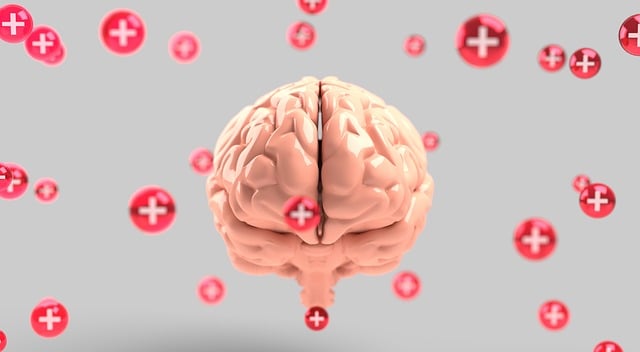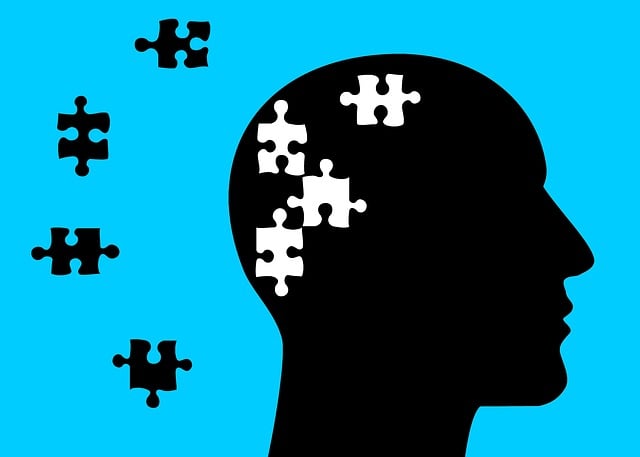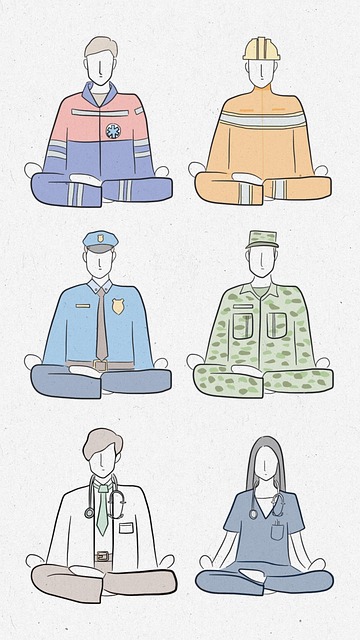Mental wellness self-assessment tools, modeled after evidence-based practices and platforms like Boulder Terminal Illness Therapy (BTIT), empower individuals through self-reflection on emotional, cognitive, and behavioral patterns. These tools flag potential mental health issues, promote proactive wellness, and encourage help-seeking behavior by incorporating cultural sensitivity, coping skills development, and stress reduction methods. Regular use within supportive communities enhances the impact of workshops, fostering collective growth. BTIT's focus on compassion, self-esteem, and resilience through mindfulness and dialogue transforms self-assessment into a tool for personal transformation, appealing to those seeking profound mental wellness improvements.
Mental wellness self-assessment tools play a pivotal role in fostering personal growth and enhancing overall well-being. This article delves into the development of such tools, focusing on strategies that promote mental health awareness and empowerment. We explore the significance of understanding various aspects of mental wellness and how effective assessments can guide individuals toward positive change. Furthermore, we discuss the integration of Boulder Terminal Illness Therapy techniques to provide a comprehensive approach to self-assessment, catering to diverse needs.
- Understanding Mental Wellness Self-Assessment Tools
- Developing Effective Assessment Tools for Personal Growth
- Integrating Boulder Terminal Illness Therapy into Self-Assessments
Understanding Mental Wellness Self-Assessment Tools

Mental Wellness Self-Assessment Tools are designed to help individuals gain insights into their mental health and well-being. These tools, often in the form of questionnaires or surveys, provide a means for self-reflection and evaluation. By understanding one’s emotional, cognitive, and behavioral patterns, these assessments can serve as valuable indicators of potential mental health issues or areas that require improvement. They empower individuals to take proactive steps towards enhancing their mental wellness, much like Boulder Terminal Illness Therapy supports those navigating serious medical conditions.
The development of such tools involves considering various factors, including cultural sensitivity and the integration of coping skills development and stress reduction methods. Healthcare Provider Cultural Competency Training plays a crucial role in ensuring these assessments are inclusive and effective across diverse populations. Ultimately, these self-assessment tools aim to bridge the gap between personal awareness and professional support, encouraging individuals to seek appropriate help when needed, similar to how Coping Skills Development programs foster resilience and adaptability in the face of challenges.
Developing Effective Assessment Tools for Personal Growth

Developing effective self-assessment tools for mental wellness is a powerful way to foster personal growth and improve overall well-being. These tools play a pivotal role in helping individuals gain valuable insights into their thoughts, feelings, and behaviors, enabling them to take charge of their mental health. By utilizing evidence-based techniques, assessment tools can be tailored to address specific concerns such as anxiety relief, mood management, and stress management.
For instance, incorporating elements from cognitive-behavioral therapy (CBT) or mindfulness practices into self-assessment platforms can help users identify unhelpful thinking patterns and develop healthier coping strategies. Such tools, akin to those offered by Boulder Terminal Illness Therapy, can empower individuals to actively participate in their mental wellness journey. Moreover, regular utilization of these assessments within a supportive community or organization’s framework can facilitate collective growth through shared experiences and tailored interventions, enhancing the overall effectiveness of stress management workshops.
Integrating Boulder Terminal Illness Therapy into Self-Assessments

Integrating Boulder Terminal Illness Therapy (BTIT) into self-assessment tools offers a unique and valuable perspective on mental wellness. BTIT focuses on cultivating compassion, improving self-esteem, and fostering resilience in the face of challenging life experiences. By incorporating these therapeutic practices into self-assessments, individuals can gain deeper insights into their emotional well-being.
This approach encourages folks to navigate their inner landscape with curiosity and openness. The techniques employed by BTIT, such as mindfulness exercises and reflective dialogues, enhance self-awareness, enabling individuals to identify and address underlying issues. As a result, self-assessment becomes more than just a numerical score; it transforms into a tool for personal growth and transformation, resonating with those seeking not just stability but profound mental wellness improvements.
Mental wellness self-assessment tools play a pivotal role in fostering personal growth and enhancing overall well-being. By understanding the nuances of mental health and incorporating innovative approaches like Boulder Terminal Illness Therapy, we can develop effective assessment tools that guide individuals towards positive change. Integrating these therapeutic techniques into self-assessments not only provides valuable insights but also empowers people to navigate their mental wellness journeys with greater confidence and resilience.
